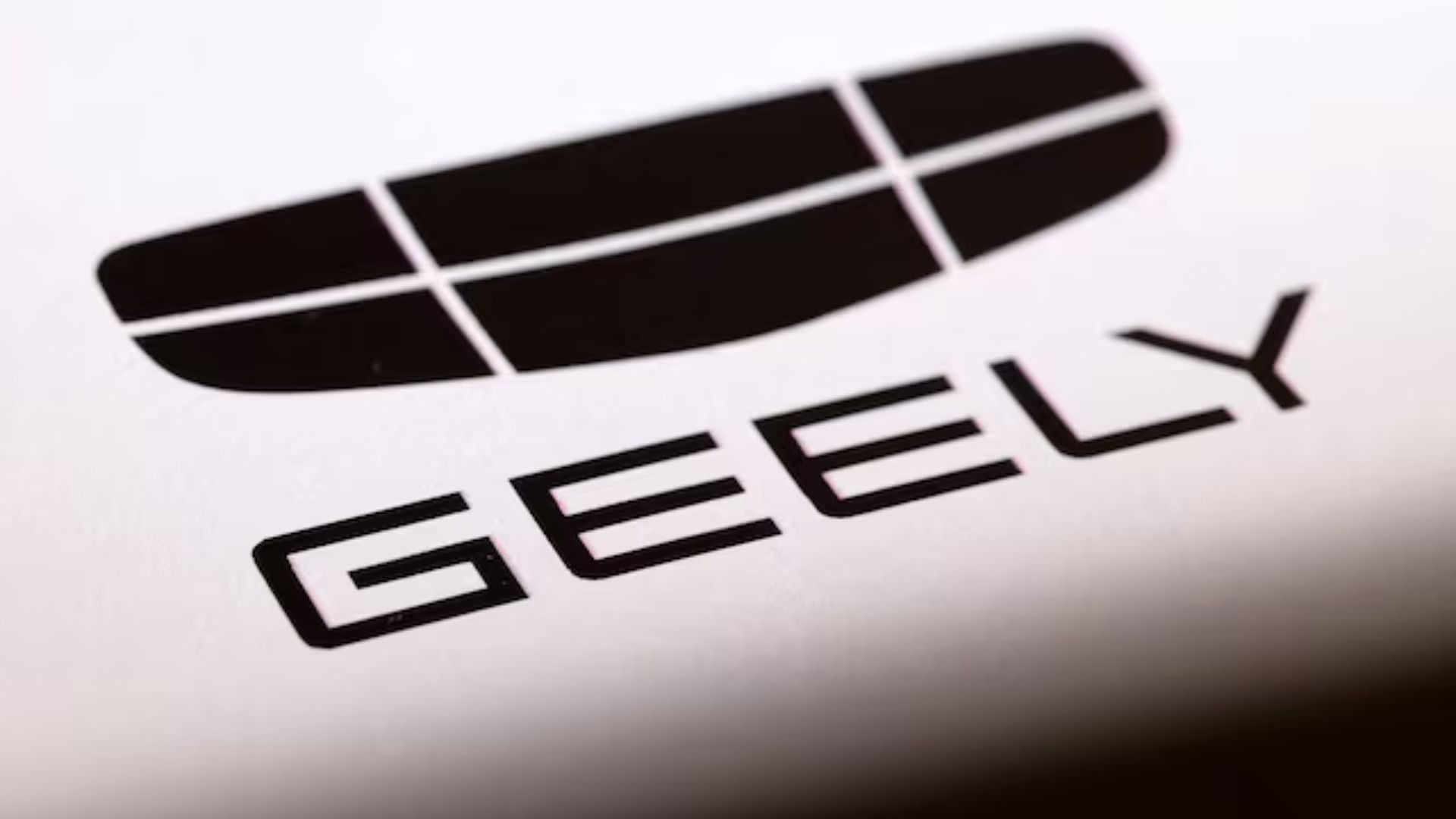BEIJING, (Reuters) – China’s Geely Automobile Holdings took the wraps off its latest hybrid technology on Wednesday, boasting some better fuel economy and driving range figures than rival technology from local plug-in hybrid champion BYD.
The Leishen EM-i technology can consume just 2.62 litres of fuel per 100 kilometres (62.1 miles) and offer a combined range – using both gasoline and battery – of 2,390.5 km, Geely said, citing media test results.
BYD’s latest-generation plug-in hybrid system, launched in May, touts fuel consumption of 2.9 litres per 100 km on depleted batteries and a driving range of 2,100 km with a fully charged battery and a full gasoline tank.
The first car running on Geely’s new hybrid system, the Galaxy Starship 7 crossover, can achieve fuel consumption of three litres per 100 km in tests on real roads, Geely said.
Geely’s Leishen hybrid technologies will also be used in Renault, Volvo and Lotus-branded cars, it added.
The race for improved hybrid fuel technology comes as Geely seeks to close the gap with BYD amid intensifying competition in the world’s largest auto market, as China’s weak economy weighs on electric vehicle sales growth.
BYD sat atop China’s EV and plug-in hybrid sales rankings with a 34.6% share of the market in the first nine months of this year, well ahead of second-placed Geely with 7.4%, industry data showed. Tesla took the third spot with 6.5%.
BYD smashed its quarterly sales record in July-September, primarily driven by strong growth in plug-in hybrid sales, which jumped 76% to 685,830 vehicles, according to Reuters’ calculations based on BYD’s monthly data.
Reporting by Qiaoyi Li, Zhang Yan and Kevin Krolicki; Editing by Miyoung Kim and Mark Potter











